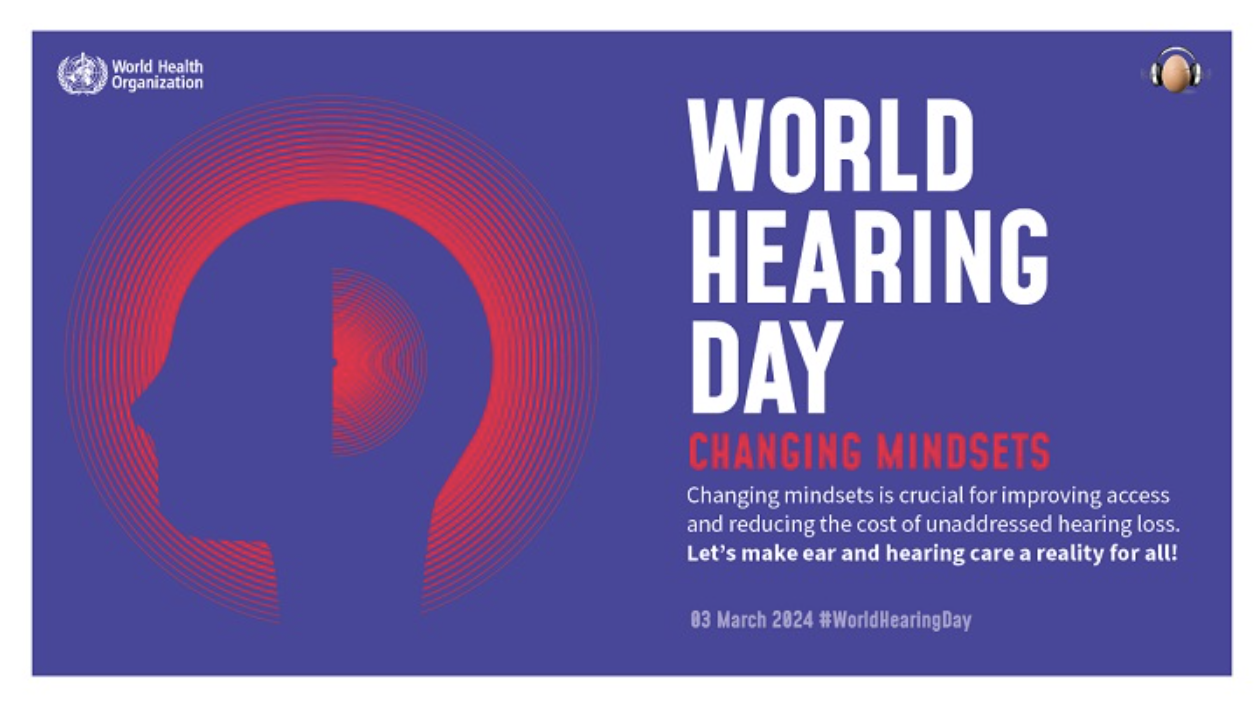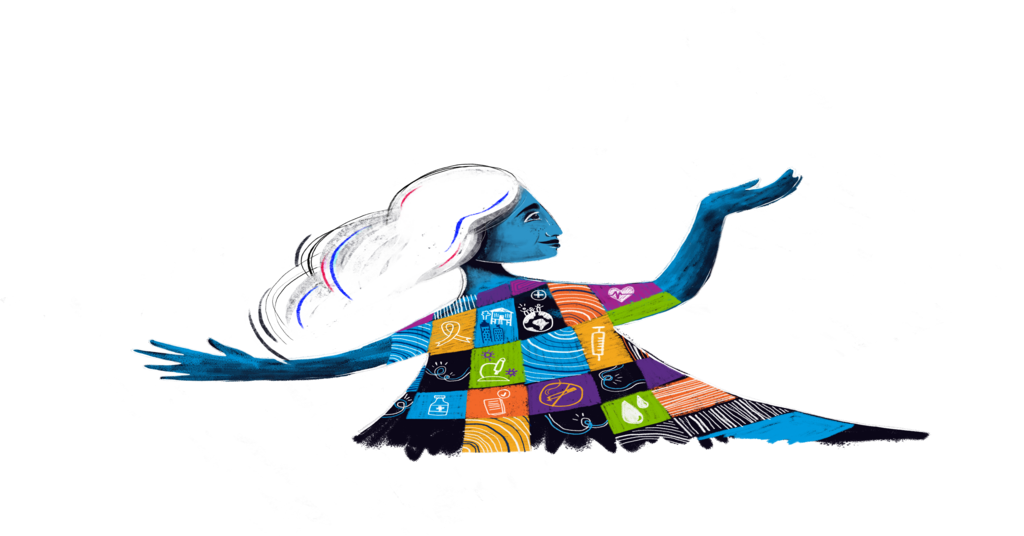
Ask Anna: Should I get a new hearing aid?
May 10, 2016
Finding childcare for my deaf child
May 12, 2016Is Notched Sound Therapy a Cure for Tinnitus?

Those of us with hearing loss and tinnitus may be living at a good time in “hearstory.”
Lately, there has been exciting news about the brain’s ability to adapt (called neuroplasticity) and what that might mean for rehabilitating lost hearing. News is also exploding about the effects of music on the brain, how the brain hears, and the importance of feeding the brain sounds and stimulation – for many good reasons – among them the prevention of dementia and other cognitive disorders.
Now comes news about tinnitus, its connection to brain activity and how understanding and treating that connection might be charting a path to the resolution or cure of the condition.
Research confirms that tinnitus affects the ears, but originates in the brain. Some believe it is mainly triggered by age-related hearing loss and prolonged exposure to excessively loud noise. Other studies target tinnitus as a symptom of abnormal hyperactivity in the brain’s auditory cortex. While there are maskers and more traditional sound therapies for tinnitus. new apps are hitting the market to offer their versions of what is called “notched sound therapy.” One such app that is winning awards and getting a lot of attention is called Tinnitracks – currently available only in Germany.
Tinnitracks claims to to offer a clinically proven therapy for chronic tinnitus. It’s based on research in the fields of neurophysiology and neuroacoustics performed at the Institute for Biosignal Analysis and Biomagnetism by the medical faculty of the University of Muenster, Germany.
“Tinnitus can be triggered by sudden sensorineural hearing loss or noise-induced hearing loss,” according to the company’s website. “Such hearing loss reduces the ability to hear sounds in the frequency ranges in which damage has occurred, but also causes a reduced flow of information to the brain’s auditory center. This change in input can cause the brain to shift its healthy balance between nerve signals. This then leads to over activity in certain nerve cells, which manifests itself as tinnitus.”
Tinnitracks claims to treat the cause of the problem through filtered audio therapy (music therapy). The co-founder of the company, Sonormed, Joerg Land, says that Tinnitracks is unique in its musical cure.“We are treating Tinnitus directly in the human brain – you don’t have to go to a clinic, you don’t need special hardware or a hearing aid,” “Tinnitracks is just listening to music: it’s convenient, it’s easy to integrate into your daily life.”
How it works
Tinnitracks claims it “filters the tinnitus tones out of the music that the patient listens to. You are prescribed the correct frequency for your tinnitus, and you use the app for 90 minutes a day, over at least 4 months. The auditory cortex in human brain is like a piano,” Land explains. “Every frequency sits next to the other, and we just cut out the tones that are the tones of the patient’s tinnitus to have silence in this area. Over time the neighboring nerve cells will lower the hyperactivity of the tinnitus frequencies, and the perceived loudness of the disturbing sound. Essentially, it takes three steps: select music files from your personal collection, filter tinnitus frequencies then upload a personalized track to an MP3 player to start therapy.”
Tinnitracks further claims that it is most effective for those 18-60 who have a tinnitus frequency no higher than 8,500 Hertz (8,5 kHz) and a hearing loss less than 65 dB HL. The online app is sold with a year license that runs $584US, but the company expects to launch a new version that will be about $20US a month.
OK, just what is notched sound therapy? Here an excellent link but note that the source, Audio Notch, is one of the notched sound therapy apps currently on the market as well.
Does notched sound therapy work?
To repeat the summary: “given the positive evidence at hand, while promising, more research needs to be done on Notched Sound Therapy to determine its efficacy and recommend it as a standard clinical treatment for tinnitus: There is not yet enough evidence to support that such a form of treatment is ready for clinical implication.”
Meanwhile there are other sound treatment options on the market you can try, some more affordable than others.
AudioNotch – makes similar claims to those of Tinnitracks and is available for $8-$20 per month.
The Paxx100 by The Tinnitus Lab
Whist Tinnitus Relief
As for Tinnitracks, they have begun a partnership with a private healthcare company and plan to approach the FDA to make Tinnitracks available in the US. Good luck. “Getting into the health system, it’s a nightmare,” said Land. “The market is not made for digital solutions, there are a lot of regulations around data and security,” he explained. ”
I‘m excited by the notched sound therapy approach as well as other sound therapies but considering the dearth of reliable data, the varying prices, and the lack of patient reviews, I remain skeptical about many of the claims. For now. What do you think? Are you using one of these therapies now? Would you be willing to give one of them a try?



